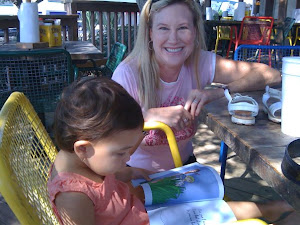If the label says "Manufactured in a facility that processes tree nuts and peanuts, then she can't eat it. When she goes to the grocery store she reads every label to make sure it is safe for her to eat. Grocery shopping takes longer than it does for most people because it takes time to read every single label.






 Online SchoolsTweet
Online SchoolsTweet

